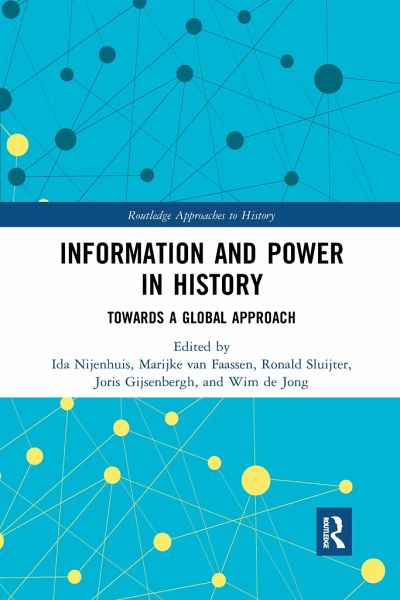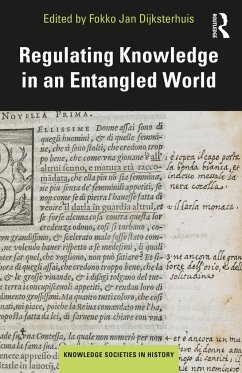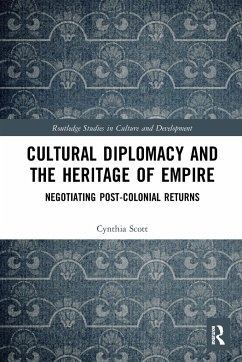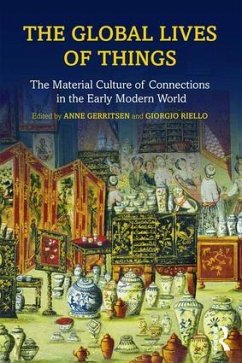
Information and Power in History
Towards a Global Approach
Herausgegeben: Nijenhuis, Ida; van Faassen, Marijke; Sluijter, Ronald; Gijsenbergh, Joris; de Jong, Wim
Versandkostenfrei!
Versandfertig in 6-10 Tagen
46,99 €
inkl. MwSt.

PAYBACK Punkte
23 °P sammeln!
The relationship between information and power is a relevant subject for all times. Today's perceived 'information revolution' has caused information to become a separate object of study during the last two decades for several disciplines. As the contemporary perspective is dominant, information history as a discipline of its own has not yet crystallized. In bringing together studies around a new research agenda on the relationship between information and power across time and space, presenting various governance regimes, media, materials, and modes of communication, this book forces us to ret...
The relationship between information and power is a relevant subject for all times. Today's perceived 'information revolution' has caused information to become a separate object of study during the last two decades for several disciplines. As the contemporary perspective is dominant, information history as a discipline of its own has not yet crystallized. In bringing together studies around a new research agenda on the relationship between information and power across time and space, presenting various governance regimes, media, materials, and modes of communication, this book forces us to rethink the prospects and challenges for such a new discipline.














